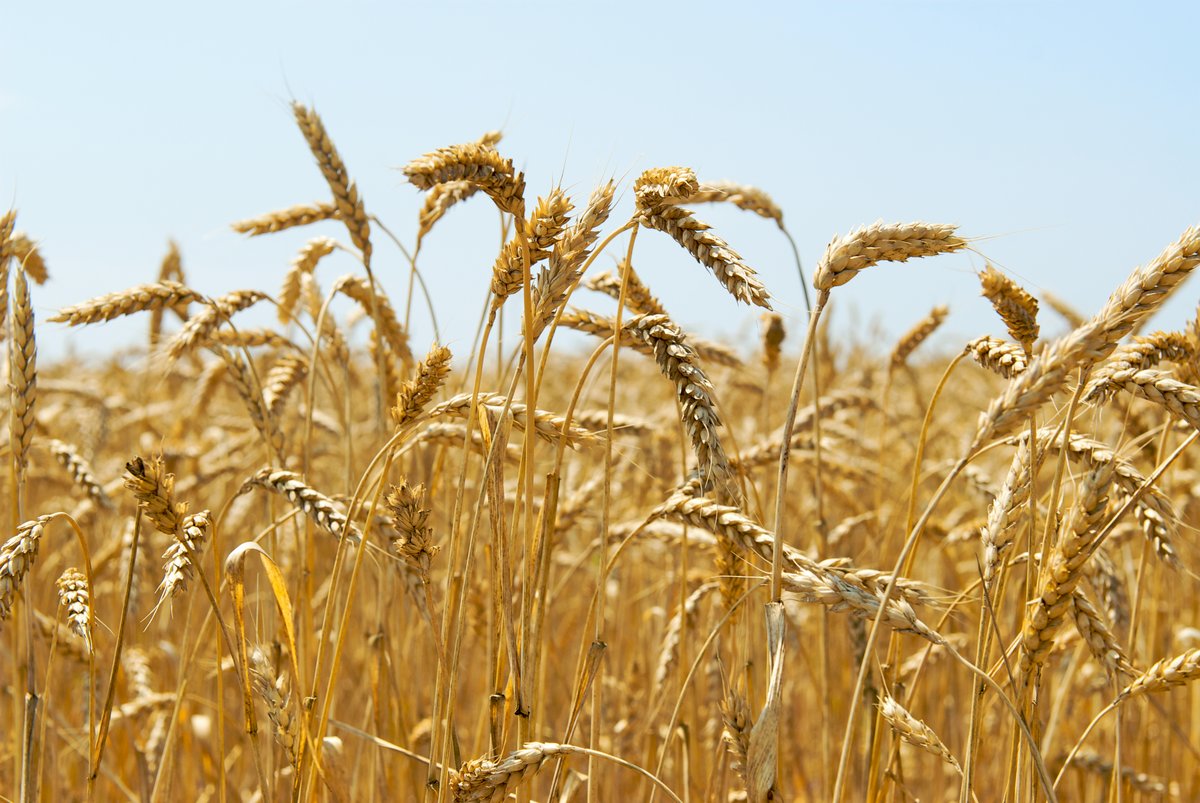This Hub aims to provide a forum to empower all food industry stakeholders engaged in change management to a better, more sustainable manufacturing industry.
What are we interested in?
The next decade will require the industry to significantly decrease the use of resources, fossil fuel, water, and any antropogenic materials such as plastic, minimize waste and byproducts. To do so, the entire food ecosystem will need to work together to implement important, transformative changes to the way we process and distribute food. This is what interests researchers of the Hub.
What are the main challenges?
This Hub will explore the best-known ways to process, formulate and pack our food to ensure its nutritional quality, satisfy consumer needs, while reducing manufacturing and supply chain carbon footprint.
Read more
Process technologies and supply chains
- Continue to deliver innovative approaches to support the development of food processes that use less resources( raw material, energy and water ) with minimum waste/ by products and maximum circularity.
- Valorization of waste and side streams based on process/ technology innovations and shifting of economic values transforming supply chains.
- Processing solutions to develop ingredients based on sustainable and emerging raw materials.
- Generate better understanding of the health or nutritional aspects of food processed by traditional and new technologies
- Development of efficient new technologies or adaption of existing ones to creating food structures and functionalities aligned with consumer demands and sustainability principles
- Better process control and modelling to speed up development of processes, products and to predict and optimise food quality and shelf life.
- Evaluation and modelling of new supply chains and processing scenarios.
- Decrease carbon footprint of exported foods in ambient, refrigerated, frozen supply chains, without compromising quality.
Formulation
- Continue efforts to replace unsustainable or unhealthy ingredients in a food formulation
- Better use the intrinsically properties of the raw materials to formulate foods with target texture, taste and self-life
- Understanding interactions between components in a plant based foods
- Use of less refined ingredients in food formulation
- Speed up development of new plant-based foods, providing information on safety and nutritional properties
- Modelling of ingredients formulation and impact of labelling
- Interaction between formulation and processing
Packaging
- Exploration of reuse mechanisms for current single use product packaging
- Harmonization of food contact materials for improvement of end-of-life sorting
- Feasibility and safety of materials recycling for food
- Novel technological strategies to decrease use of food contact materials while maintaining current shelf life and quality requirement
Key characteristics of the Hub
The food systems transformation in the food industry is already resulting in new disciplines transdisciplinary in nature. Great, promising results of new technologies, or better ways to use established ones for improved sustainability need to be swiftly implemented at industrial scale to maximize impact.
A holistic approach is then needed. Change management experts, stakeholder analysts, digital and data scientists and technologists are clearly needed side by side with social scientists, environmental scientists evaluating the impact of the potential changes in our societies.
The Hub researchers will take into consideration the social and human interface of new technologies especially in regards to health, waste reduction and consumer behavior, and will play an important role on evaluating, supporting and influencing policies, legislation and labelling, as the regulatory aspects will be critical to accelerate uptake.


Who are we?
This Hub bring key researchers from Danish universities, industries and research institutes together breaking institutional boundaries to support collaborative projects to advance how we sustainably process, formulate and pack foods, and how we can the best results be implemented swiftly into society.
Interdisciplinary research linking food science and technology with advancements in fundamental sciences, social sciences and economics while keeping focus on social and industrial relevance.
It is our ambition to provide the industry with the tools to lead by example, with the best research implemented into manufacturing, products, and supply chains.
Academic coordinators
Administrative coordinator
Mohammad Amin Mohammadifar
National Food Institute
Technical University of Denmark
E-mail: moamo@food.dtu.dk





